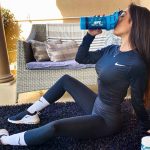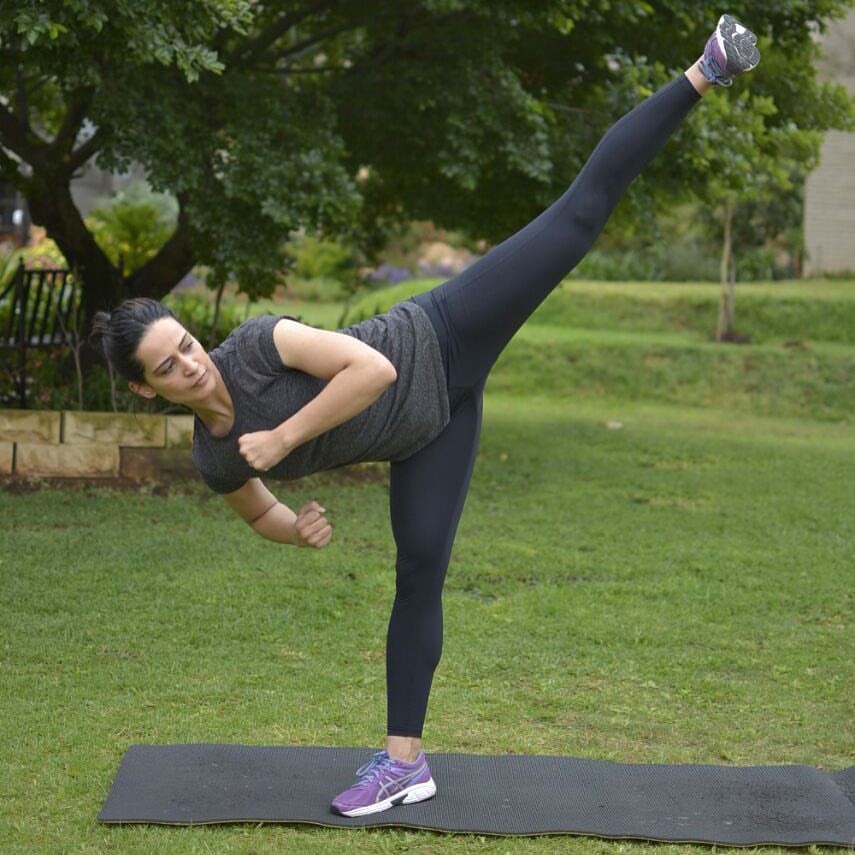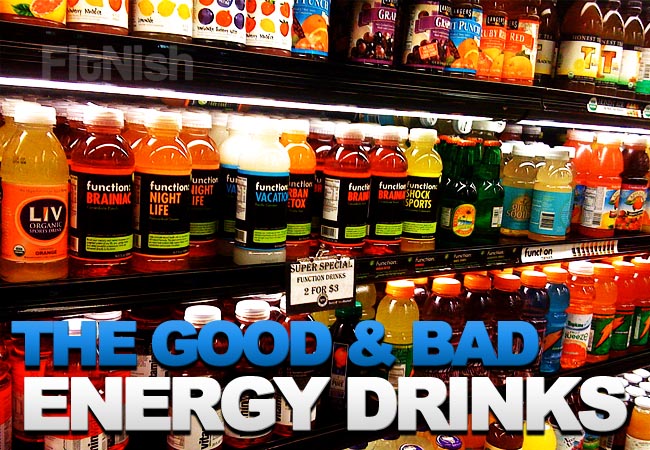
It’s unfortunate that many people these days fall prey to a lot of companies marketing campaigns whether truthful or not. That’s why it is so important to be educated and informed about the products which you decide to buy, and more so the products you wish to put in your body.
Many times you may think a certain product is meant to do something for you when in fact it does the total opposite, and the worst part is, it could even harm you or take your progress a step backwards!
With that being said, let’s have a look at ’Sports’ and ‘Energy’ drinks. These “nutrient-enriched,” “energy-enhancing,” flavored drinks are supposed to support our energy needs during any physical activity which we want to do. The problem lies in the ingredients and the content. So what’s inside these drinks? The majority of them are loaded with sugar! The idea behind them is that sugar gives you energy, and supposedly quick acting energy. This is really not the case. Taking in such large amounts of sugar on an empty stomach before any training, can wreak havoc on your blood sugar levels, insulin levels and some hormones. What happens is, you may well get that small burst of energy, but more often than not that jolt of energy will be followed by a crash and result in low energy levels. This happens since your blood sugar levels rise quite rapidly, then come crashing down once there is nothing to support that sudden increase anymore. Another factor which comes into play, is how much food, and more specifically how much carbohydrates you have eaten before your training or before the time you choose to drink one of these ‘energy’ drinks. If you have eaten sufficiently you could end up storing unwanted body fat when you drink one of these drinks due to the fact that your body has already stored enough carbohydrates (in the form of glycogen) from your previous meals.
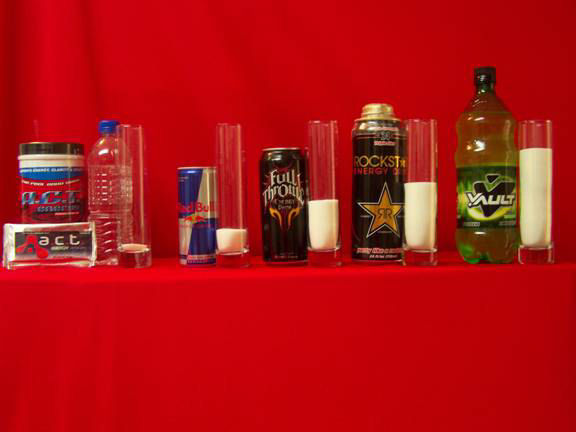
Take this small example. If you fill a glass with water until it’s full, then keep adding more water, it is going to spill over. Now your body is the glass and the water is carbohydrates. So the more you eat/drink doesn’t mean the more energy you will have. Once the body has enough stored, the rest can spill over and be stored as fat. So the ideal thing to do is, before your training eat a small meal consisting of complex carbohydrates combined with a portion of protein. The complex carbohydrates will give you longer lasting energy than the sugar and the protein will support and feed your muscles.
Something which needs to be kept in mind, is that we are focusing on people who want to lose fat or maintain or gain muscle, without gaining much fat. Some of these principles would be different say if we look at endurance athletes such as marathon runners or long distance cyclists as we will see below.
The point which I want to make is that, if you are hoping to lose fat, these drinks can hinder your fat loss goals, and it would be better to avoid them and basically cut down on all sugar in your diet.
OK so it seems like I have a lot of negative things to say about these drinks, but there are two positive aspects, or times where I would say drinking ‘sugar’ can be used to your advantage. Firstly, straight after an INTENSE training session. When you have undergone a vigorous training session you seem to deplete your muscles and your body of stored carbohydrates (glycogen) and nutrients. So at this time it can aid in your recovery process by restoring those nutrients, as well as shuttling nutrients at a quick rate to your muscles which need food and nutrients to repair and grow. But I would still recommend, if you are going to drink it after training, again, combine it with protein so that you can ensure your muscles get the protein which they need to also recover and repair.
Secondly, during a long portion of exercising, say while doing a marathon or playing a grueling match of soccer or rugby for instance. During these long bouts of sport, these drinks can help to keep you going and keep you hydrated since you will be using a lot of your bodies resources in the process, and you will be more concerned with pushing yourself to the max to do your best, than worrying about losing or gaining fat.
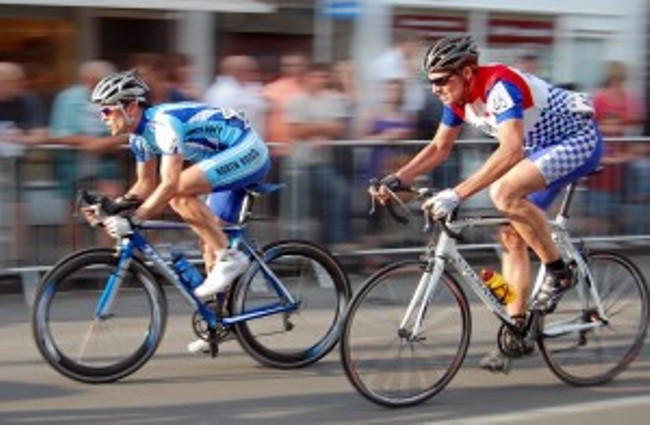
Now there are other ‘energy’ drinks which are made to give your mind and body energy and keep you alert. These drinks have other things added to them, such as caffeine and guarana etc. but most still contain significant amounts of sugar, so just beware of that. Also take into account that you can never know if these other ‘alerting’ ingredients are really 100% safe.
In the United States, guarana has received the designation of “generally recognized as safe” by the American Food and Drug Administration.
So what it all boils down to is being in the know, and taking initiative to find out exactly what you are putting in your body. Be sure to make it a habit of reading Ingredients, and nutritional information on any foods/drinks which you purchase.
References:
“Energy Drinks” (PDF). University of California, Davis. April 2007. Retrieved 2007-09-18.








